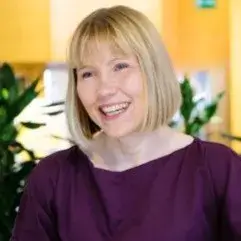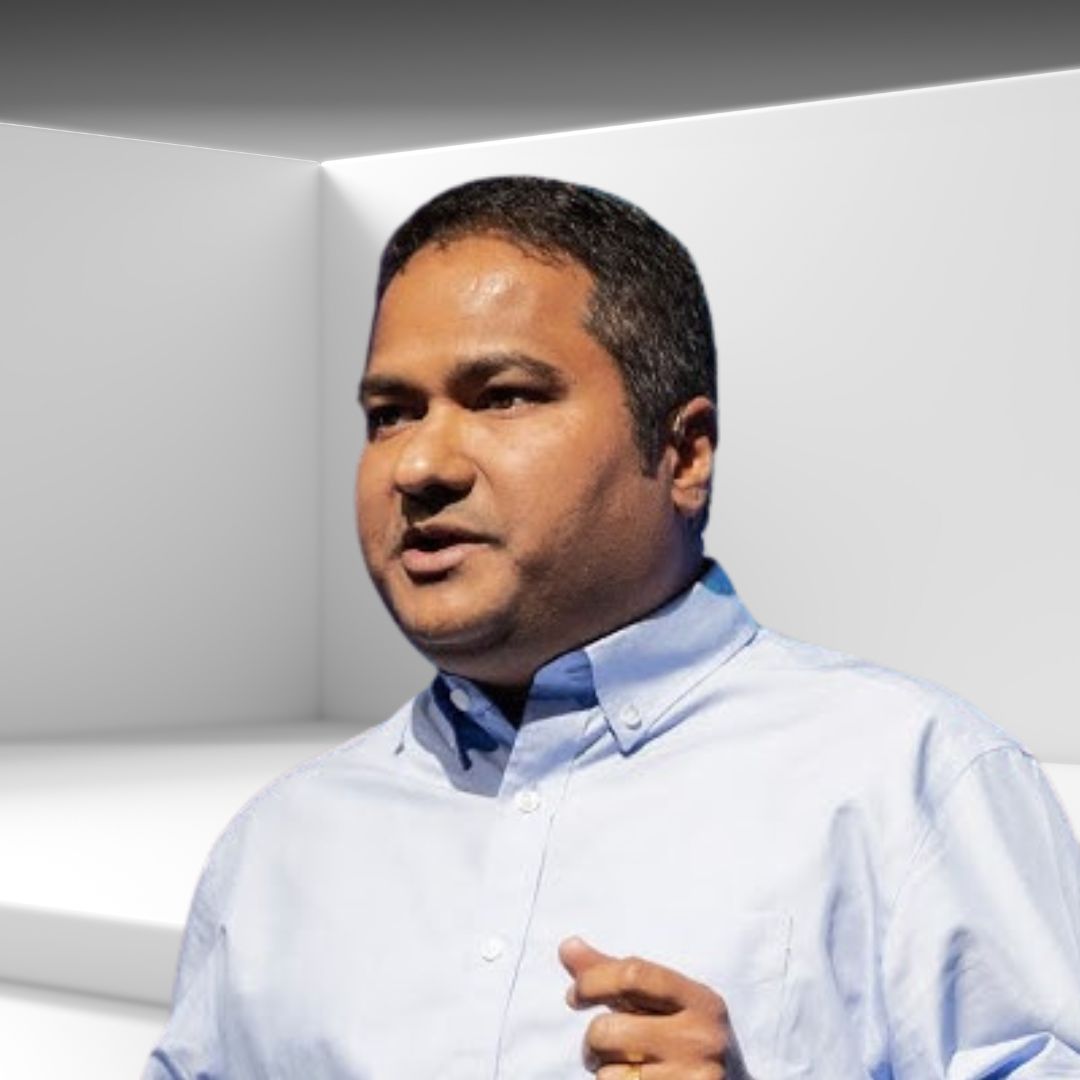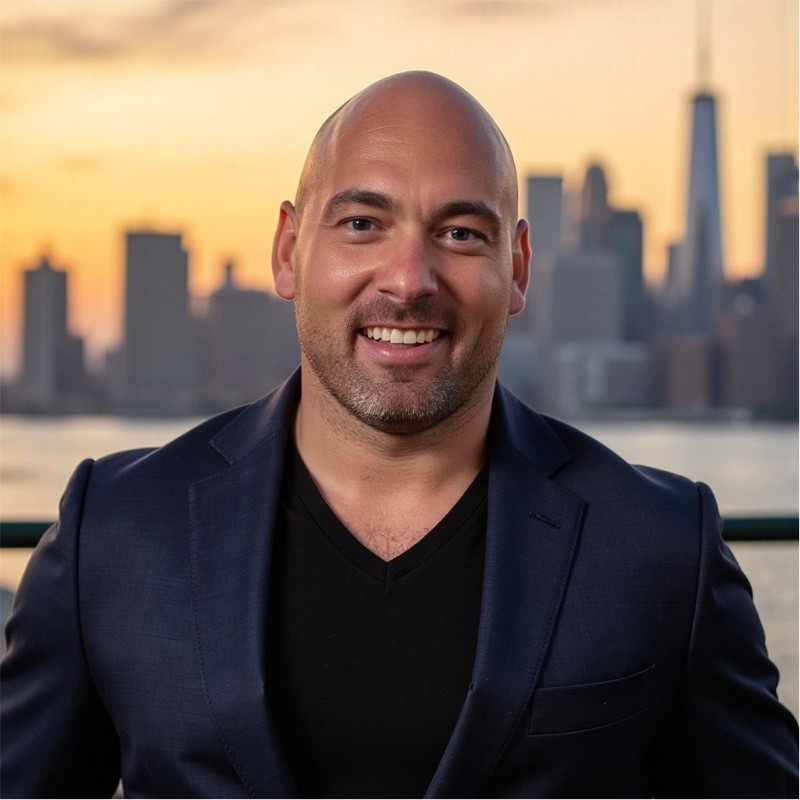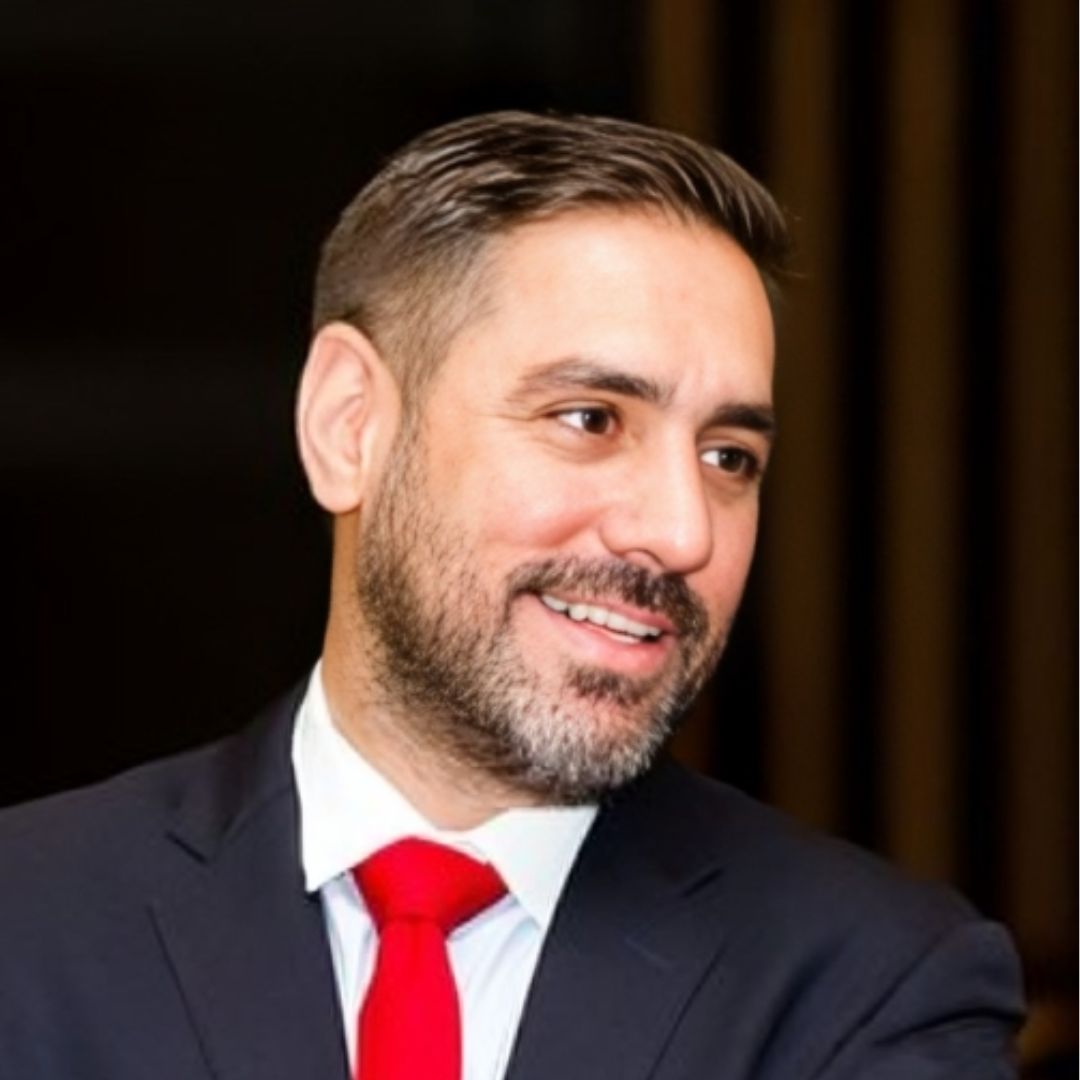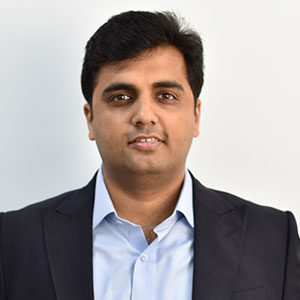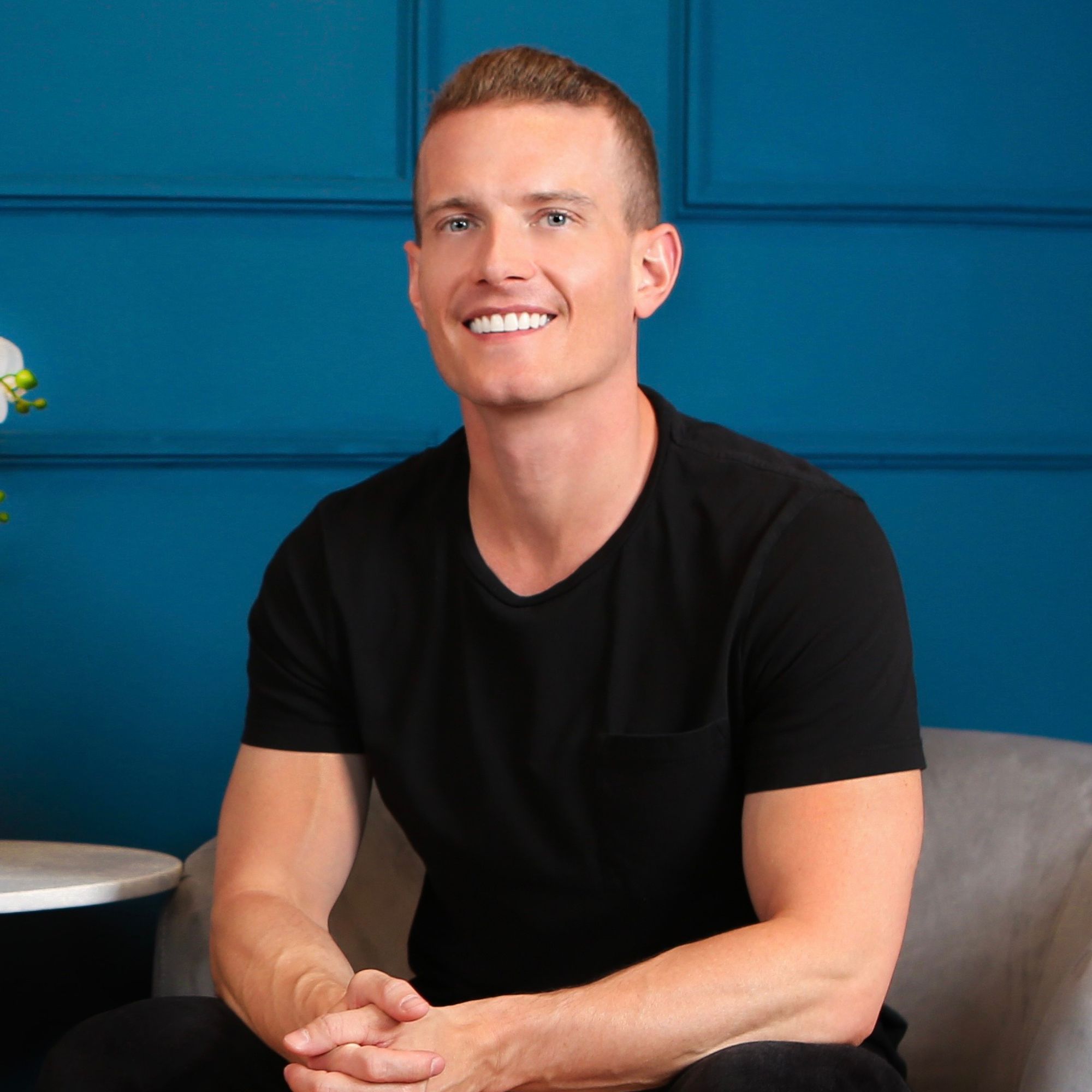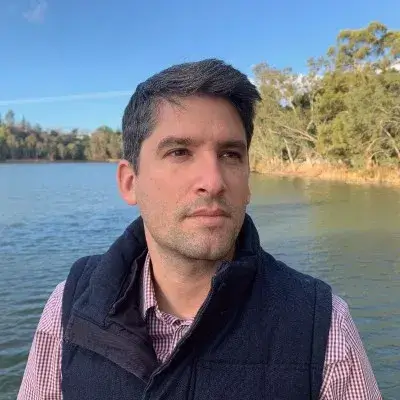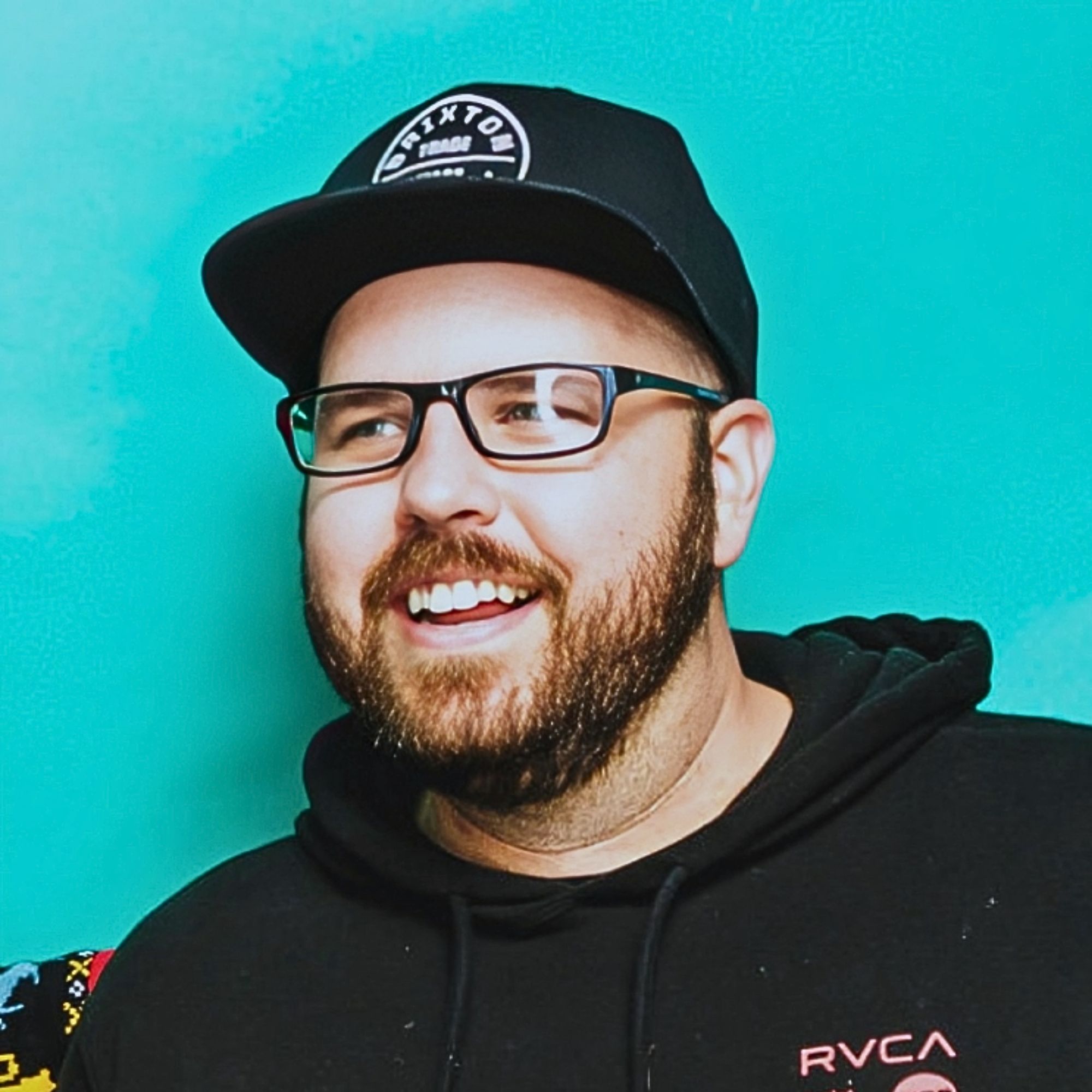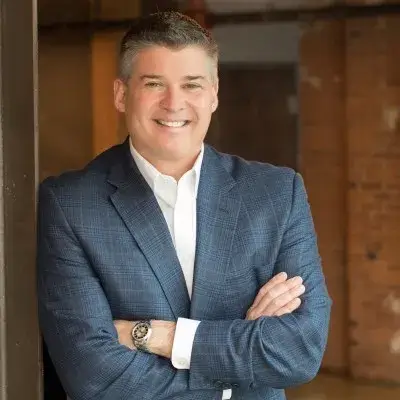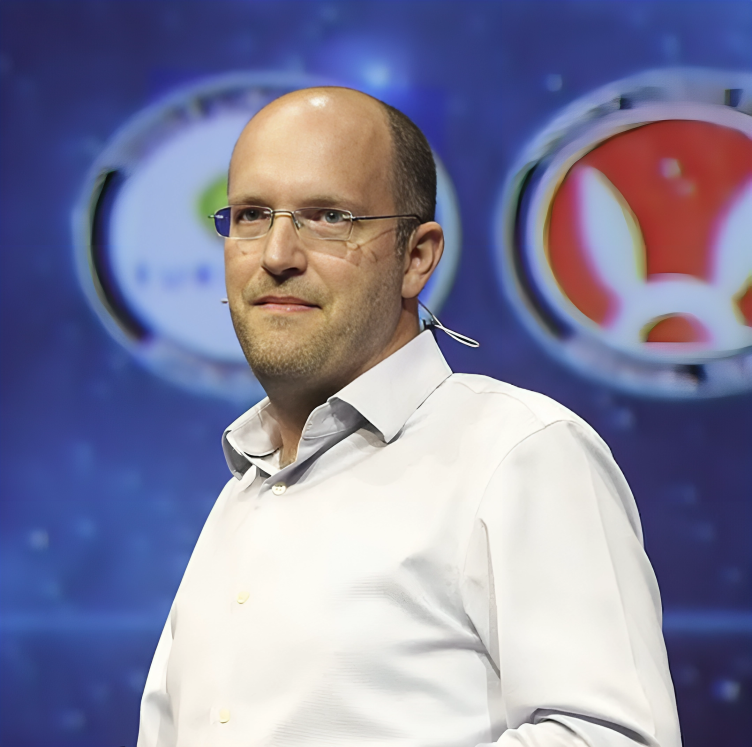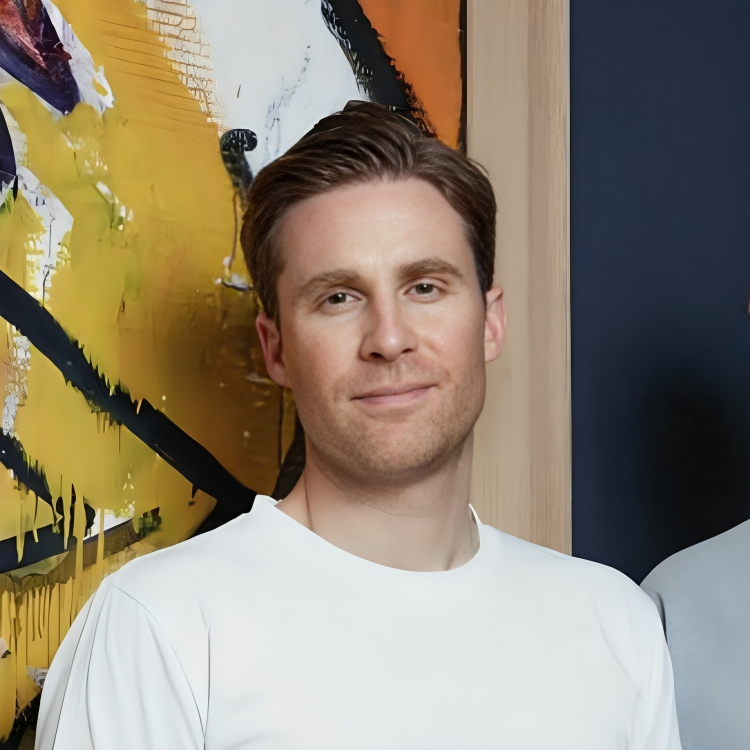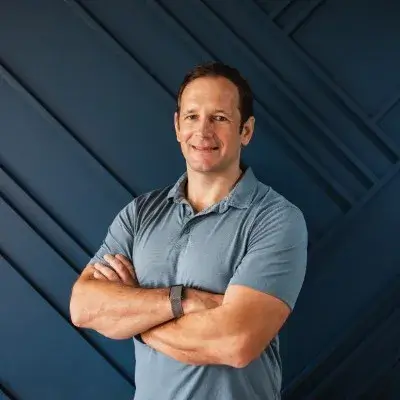Ready to build your own Founder-Led Growth engine? Book a Strategy Call

Frontlines.io | Where B2B Founders Talk GTM.
Strategic Communications Advisory For Visionary Founders
Actionable
Takeaways
Market conditions can validate your vision:
Supply chains were "back office" until COVID put them in the spotlight. Mahesh explains, "Any channel you switch on, it's supply chain—running out of milk and bread and essentials." This external validation can accelerate market acceptance of your solution.
Find the value unlock through adjacent innovation:
Rather than replacing existing systems, identify where trapped value exists. Mahesh notes, "Companies spend billions of dollars building their ERP systems... We are a category coming either as adjacency or sitting on top of some of these systems to unlock value." This approach reduces friction to adoption.
Target industries with regulatory pressure and high-value problems:
ParkourSC chose pharma/life sciences because it's "heavily regulated" with "$35 billion worth of product lost yearly to expirations and cold chain issues." Regulatory compliance and high-dollar waste create urgent problems worth solving.
Co-create with innovative customers:
Mahesh advises finding "innovators" within large companies who want to be change agents. "These are the early adopters that take bets... They bring a problem, give you a sandbox to play in." One such customer partner even became ParkourSC's Chief Strategy Officer.
Expand from a narrow solution to platform vision:
Start with solving one specific problem exceptionally well. Mahesh shares, "We got into the logistics, cold chain logistics... but very quickly found within these organizations it's great value but very narrow problem." They expanded systematically from logistics to operations, planning, and inventory—"the mother of all there, that's where all the money is stuck."
Conversation
Highlights
From IPO Success to Category Creation: How ParkourSC is Revolutionizing Supply Chain Intelligence
Supply chains were once the forgotten backbone of global commerce—relegated to back offices and managed through a patchwork of outdated systems. Then came COVID-19, and suddenly everyone from CEOs to consumers was talking about supply chain disruptions.
For Mahesh Veerina, CEO of ParkourSC, this sudden spotlight accelerated a vision he had been developing since 2018: creating a new category of supply chain technology that could unlock trapped value in fragmented enterprise systems.
In a recent episode of Category Visionaries, Mahesh shared how his fourth venture has raised $90 million to pioneer “dynamic decision intelligence” for supply chain networks—a journey that offers valuable lessons for founders building category-defining B2B companies.
From Investor to Category Creator
Unlike many startup stories that begin with a founder’s “eureka” moment, ParkourSC’s journey started when Mahesh, already a successful entrepreneur with three exits (including an IPO), made an early investment in a small IoT sensor company.
“I was an early investor in the company when it was founded and very small, tiny, seven people,” Mahesh explains. He initially joined as a board member but eventually took an active role running the company.
What he found was an opportunity hiding in plain sight.
“Enterprise tech today—marketing, you have Marketos and all kinds, Omnichannels and very well served. Digitally, you go to Salesforce and other tools. Every aspect, HR, finance, everything is served. You look at supply chains, it’s a mess,” Mahesh says.
While companies had spent billions on ERP systems, planning tools, and warehouse management software, these systems remained disconnected silos. Meanwhile, CEOs were asking a simple question: Why couldn’t they track their products with the same ease consumers track Amazon packages?
Making the Strategic Pivot
The path to category creation began with two critical strategic bets.
First, the company needed to pivot away from hardware. “All the hardware is commodity,” Mahesh recalls deciding. “Don’t go after that. And we said, invest in the software stack and paper intelligence.”
Second, they needed to choose the right market. After careful consideration, they targeted life sciences and pharmaceuticals—a heavily regulated industry with significant pain points and measurable waste.
“We did a little market study. Where can we apply our core skills and platform? And we figured life sciences and pharma is ripe for disruption,” Mahesh shares. “Pharma industry loses like $35 billion worth of product in the year for expirations, cold chain issues, other stuff.”
These decisions positioned the company perfectly for what came next.
When External Events Validate Your Vision
When COVID-19 hit, supply chains suddenly dominated headlines.
“It was bad for everybody. Everything shut down,” Mahesh recalls. “But supply chains became talk of the town. I mean, any channel you switch on, it’s supply chain running out of milk and bread and essentials.”
For ParkourSC, this external validation accelerated adoption. “In the pandemic, late 2020, the phone started ringing because of all these vaccine movements,” Mahesh explains. “We became partners with several packaging companies, helping them move safely and efficiently all this vaccine stuff.”
This unexpected tailwind helped ParkourSC grow throughout 2021 and solidify their product-market fit.
Finding Partners, Not Just Customers
ParkourSC’s go-to-market strategy didn’t focus on traditional customer acquisition. Instead, they sought innovative partners within large organizations—people who could become internal champions for their vision.
“There are always these innovators in these companies breaking new ground and pushing the boundaries. They want to be the change agents,” Mahesh notes. “So if you go early on, that’s how you build the market for yourself. We find these innovators and partner with them, sell your vision, they lock onto it, they bring a problem, give you a sandbox to play.”
This co-creation approach proved so successful that one of these early champions eventually joined ParkourSC. “Our own talents who is our chief strategy officer, he was one of the senior supply chain leaders that over 20 year career but always thought out of the box,” Mahesh shares.
Expanding from Solution to Platform
Rather than building a comprehensive platform from day one, ParkourSC started with specific use cases and systematically expanded their offering.
“We got into the logistics, cold chain logistics,” Mahesh explains. “But then it’s very quickly found within these organizations, it’s great value but very narrow problem. How do we increase the scope of the whole thing?”
The expansion followed a logical progression: “So we expanded our solution from logistics into operations and planning which is in the plant and all the movements. Then we moved into inventory. Inventory is the mother of all there. That’s where all the money is stuck.”
By 2022, it became clear they were building something much larger than initially conceived—a new category of supply chain technology.
Creating a Category: Dynamic Decision Intelligence
Today, ParkourSC’s platform combines data from disparate enterprise systems with real-time inputs from connected devices, weather, traffic, and other sources to provide actionable intelligence.
“This is not like old style BI which is looking backwards, retroactive data and telling you what happened,” Mahesh emphasizes. “This is now we are looking forward with real time data streams and saying, hey, what could likely happen? What’s happening right now? You need to intervene on this and make things happen.”
The results are impressive. ParkourSC has delivered “50 to 60% reduction in noise and interventions for a supply chain planner on a daily basis” and “30 to 40% productivity boost” for their customers.
The Path Forward
With strong validation from customers and industry analysts, Mahesh has ambitious goals for ParkourSC.
“I see this as scaling beyond today. The metric is 100 million plus is the next stop. So that’s what we’re aiming at in the next three to four years,” he shares, with an eye toward potentially taking the company public.
For B2B founders building category-defining companies, Mahesh’s journey offers valuable lessons: identify trapped value in fragmented systems, make strategic market bets, find co-creation partners who champion your vision, and systematically expand from solving specific problems to delivering platform-level value.
As supply chains continue to evolve, ParkourSC is positioning itself at the center of a new category—one built on real-time intelligence that helps companies make better decision

